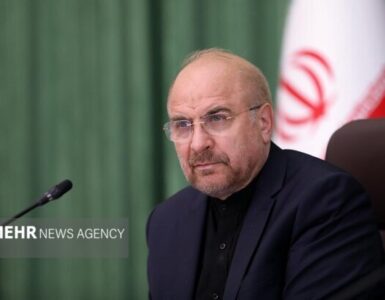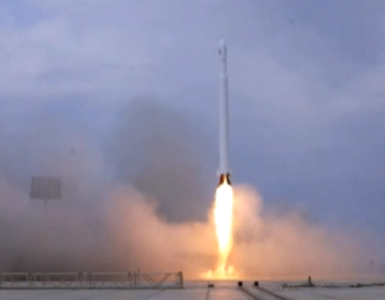TEHRAN (Tasnim) – Iranian Foreign Minister Hossein Amirabdollahian emphasized the need for the formation of an inclusive government in Afghanistan and stated that Iran does not recognize the nature of the current ruling power.
“Regarding the issue of Iran’s water rights from Hirmand, we have had discussions with Afghan officials, and we believe that the legal route should be pursued in this matter based on the 1972 agreement,” he said as he renewed allegiance to the ideals of the late founder of the Islamic Republic of Iran at the shrine of Imam Khomeini south of Tehran.
He said the water rights issue cannot be resolved through political statements and must be pursued within the framework of legal actions. He further expressed concern over sporadic border conflicts occurring on the Iran-Afghanistan border.
Referring to the close proximity and long borders between Iran and Afghanistan, Amirabdollahian stated that there is no way other than “interaction between the two neighboring countries.”
The foreign minister also expressed a desire to prevent the recurrence of the bitter incident in Mazar-i-Sharif and emphasized Iran’s commitment to facilitating peace and security in Afghanistan. He also stated that reciprocal expectations exist from the current Afghan authorities.
Highlighting the significance of Afghanistan for the Islamic Republic, Amirabdollahian said that Iran is not pleased that an inclusive government has not been formed in the neighboring country, and said that the government of the Islamic Republic of Iran has conveyed this issue to the current Afghan authorities.
He reiterated that Iran does not recognize the nature of the current ruling power and stressed the need for an inclusive government, stating, “The Taliban is part of the reality of Afghanistan, not the entirety of Afghanistan.”
He further expressed displeasure with the deprivation of Afghan women and girls from education, considering it contrary to the teachings of the Prophet of Islam (PBUH).





